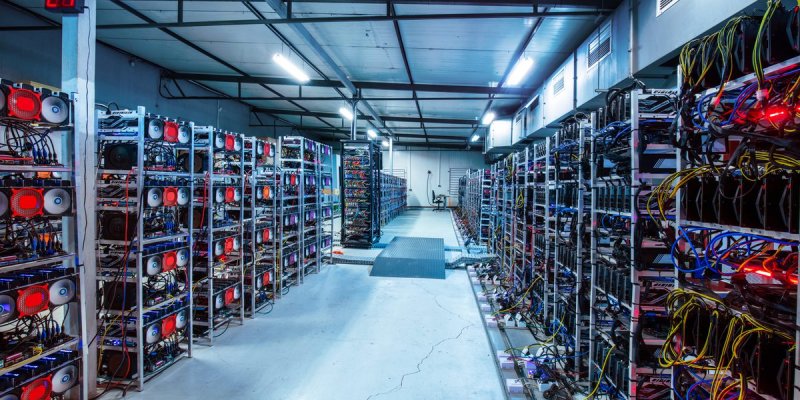
The Environmental Impact of Blockchain Mining
Blockchain technology has gained widespread attention for its potential to revolutionize industries, enhance security, and streamline processes. However, one often-overlooked aspect of blockchain is its environmental impact, particularly in the context of blockchain mining. In this article, we will explore the environmental challenges associated with blockchain mining and discuss potential solutions and innovations that can mitigate its effects.
Understanding Blockchain Mining
Blockchain mining is the process by which transactions are verified and added to a blockchain ledger. It relies on complex cryptographic algorithms that require significant computational power. Miners compete to solve these algorithms, and the first to succeed is rewarded with cryptocurrency tokens, like Bitcoin, for their efforts.
The Energy Intensive Nature of Mining
The primary environmental concern with blockchain mining is its enormous energy consumption. The energy-intensive process of solving cryptographic puzzles demands vast amounts of computational power. As a result, mining operations often require extensive banks of powerful computers operating 24/7. This high energy consumption has raised concerns about its impact on the environment.
The Carbon Footprint
The energy used in blockchain mining is predominantly derived from fossil fuels, leading to a substantial carbon footprint. Mining operations are frequently located in regions with access to cheap electricity, often supplied by coal or natural gas power plants. This reliance on fossil fuels contributes to greenhouse gas emissions, exacerbating climate change concerns.
E-Waste and Hardware Disposal
Another environmental issue associated with blockchain mining is the rapid turnover of hardware. As technology advances, miners frequently upgrade their equipment, leading to a significant amount of electronic waste (e-waste). Proper disposal and recycling of mining hardware are essential to mitigate the environmental impact of this industry.
Sustainable Solutions
While the environmental impact of blockchain mining is a pressing concern, there are several sustainable solutions and innovations emerging to address these challenges:
-
Transition to Renewable Energy: Many mining operations are relocating to regions with access to renewable energy sources, such as hydroelectric or solar power. This shift reduces the carbon footprint of mining operations.
-
Proof-of-Stake (PoS): Some blockchain projects are exploring alternative consensus mechanisms, like PoS, which require significantly less energy compared to the traditional Proof-of-Work (PoW) used in Bitcoin.
-
Carbon Offsetting: Several blockchain projects and companies are investing in carbon offset programs to neutralize the emissions produced by mining activities.
-
Efficiency Improvements: Ongoing efforts to create more energy-efficient mining hardware and software algorithms can help reduce energy consumption.
-
Recycling Initiatives: Miners can implement recycling programs to minimize e-waste and responsibly dispose of outdated equipment.
Blockchain mining has undoubtedly revolutionized the digital landscape, but its environmental impact should not be ignored. As the blockchain industry continues to grow, it is crucial to find sustainable solutions to mitigate the energy consumption and carbon emissions associated with mining. By adopting renewable energy sources, transitioning to energy-efficient consensus mechanisms, and responsibly managing e-waste, the blockchain community can contribute to a more sustainable and eco-friendly future. Balancing technological innovation with environmental responsibility is key to ensuring the long-term viability of blockchain technology.
Log in to add a comment